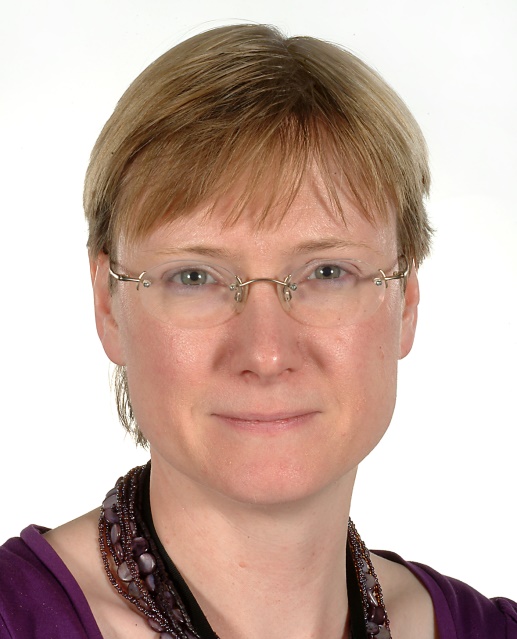
A patient at the Royal Free Hospital (RFH) is the first person in the world to be given a new therapy which could dramatically change the lives of people with a rare condition.
People with Fabry disease have a faulty gene, which means they do not produce a particular enzyme needed to break down some fat materials. This causes cell damage and can lead to highly debilitating multi-organ disease resulting in heart problems, pain in the hands and feet, decreased ability to sweat, hearing loss and gastrointestinal problems.
A new gene therapy uses a modified virus to deliver a correct copy of this gene to the liver. This gene enables the liver to produce the enzyme needed to break down the fat materials. It is hoped that the liver will continue producing this enzyme without the need for further treatment.
The RFH is a national centre for Fabry disease, and provides a service for more than 300 patients with the condition.
Fabry disease, which affects one in 40,000 people is currently treated by enzyme replacement therapy (ERT) which requires regular infusions at home and visits to hospital. This trial, known as the MARVEL1 study, aims to replace ERT with a more effective, one-off treatment.
Professor Derralynn Hughes (pictured), clinical director of haematology and oncology at the RFH, said: “This therapy could potentially provide a more sustainable way to treat patients with Fabry disease and hopefully improve quality of life by eliminating the need to for regular infusions.”
The study is being conducted by Freeline, a UK-based leader in gene therapy, co-founded by Dr Amit Anthwani, an RFH clinician-scientist. The study will follow patients for nine months after they have been given the one-dose gene therapy and then patients will transition to a long-term follow-up study for further evaluation.
 Translate
Translate